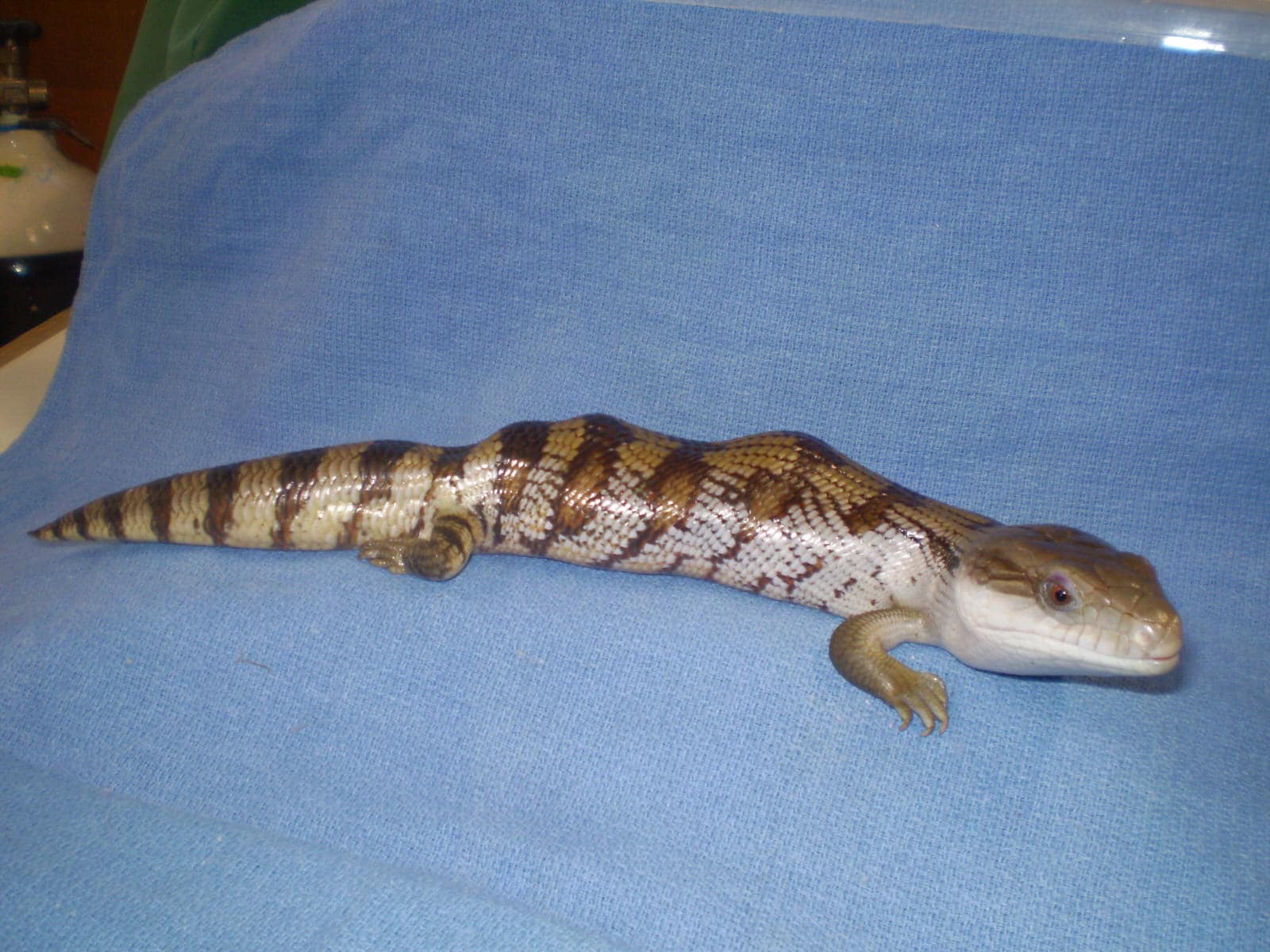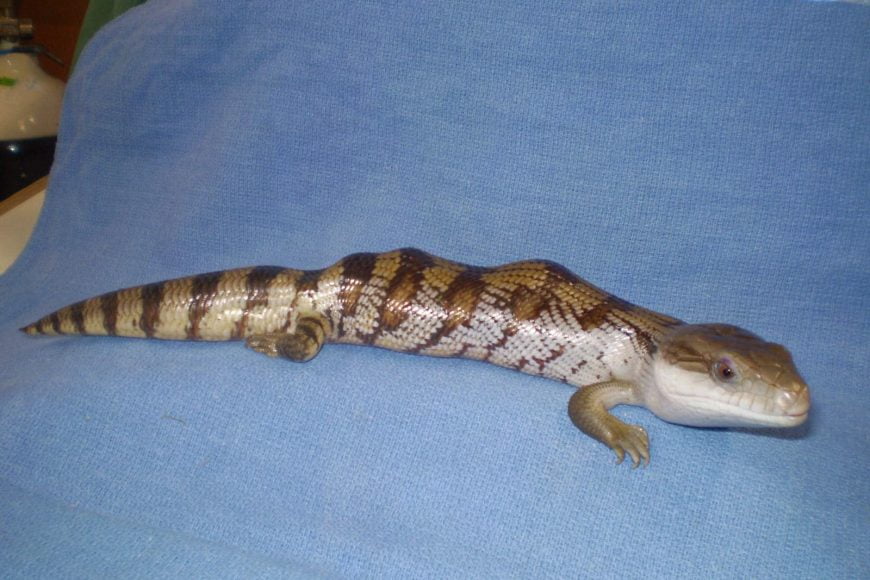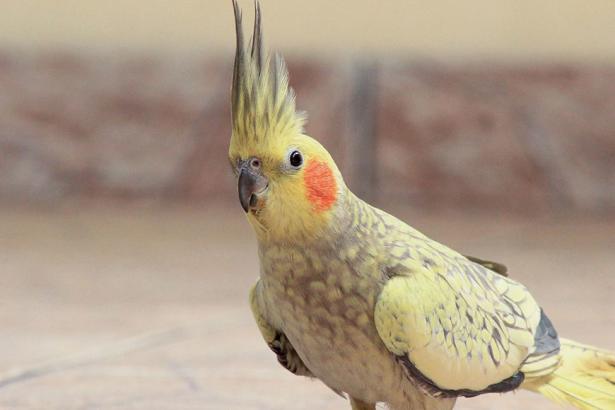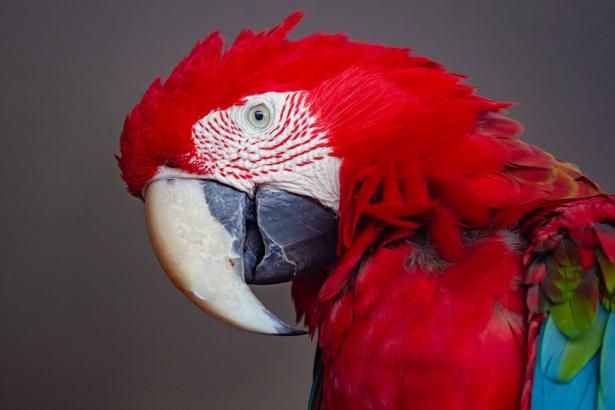Young growing lizards need appropriate temperatures and appropriate diet to achieve good health. We see many juvenile skinks and dragons suffering from vitamin and mineral deficiency.
Without adequate calcium supplementation their bones become softened and deformed.
Spine & tails become kinked, legs become bent as they attempt to unsuccessfully weight-bear.

In the early stages dietary correction may halt the progress of clinical signs but once deformed the bones will not correct themselves. Severe cases may give rise to consideration of humane euthanasia.
FAQs
The clinical signs of metabolic bone disease in reptiles include kinked spines and tails, bent legs, and an inability to bear weight successfully. These signs occur as a result of the bone deformities caused by calcium deficiency.
In the early stages of metabolic bone disease, dietary correction and providing appropriate calcium supplementation can help halt the progress of the disease and prevent further bone deformities. However, once the bones are already deformed, they will not correct themselves.
The treatment for metabolic bone disease involves providing a balanced diet rich in calcium and other essential vitamins and minerals. In severe cases, where the deformities are extensive and cause significant pain and discomfort, humane euthanasia may need to be considered.
To prevent metabolic bone disease in lizards, it is crucial to provide appropriate temperatures and a well-balanced diet. This includes offering calcium-rich foods and ensuring proper calcium supplementation according to the specific needs of your lizard species. Regular veterinary check-ups are also recommended to monitor the health of your lizard. To find a vet who is experienced in treating lizards, do a search for a “reptile veterinary clinic near me”.
Yes, metabolic bone disease can lead to various complications and health risks in reptiles. These may include weakened immune function, skeletal deformities, difficulty in movement, fractures, organ dysfunction, and in severe cases, even death.
Yes, it is highly recommended to consult a veterinarian experienced in reptile care if you suspect your lizard has metabolic bone disease or if you notice any signs of bone deformities. A veterinarian will be able to provide a proper diagnosis, offer treatment recommendations, and guide you in providing the necessary care for your lizard’s health and well-being. To find a vet who can assist you, look online for “exotic pet vets in my area”.





